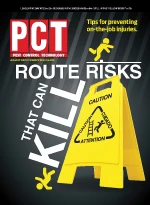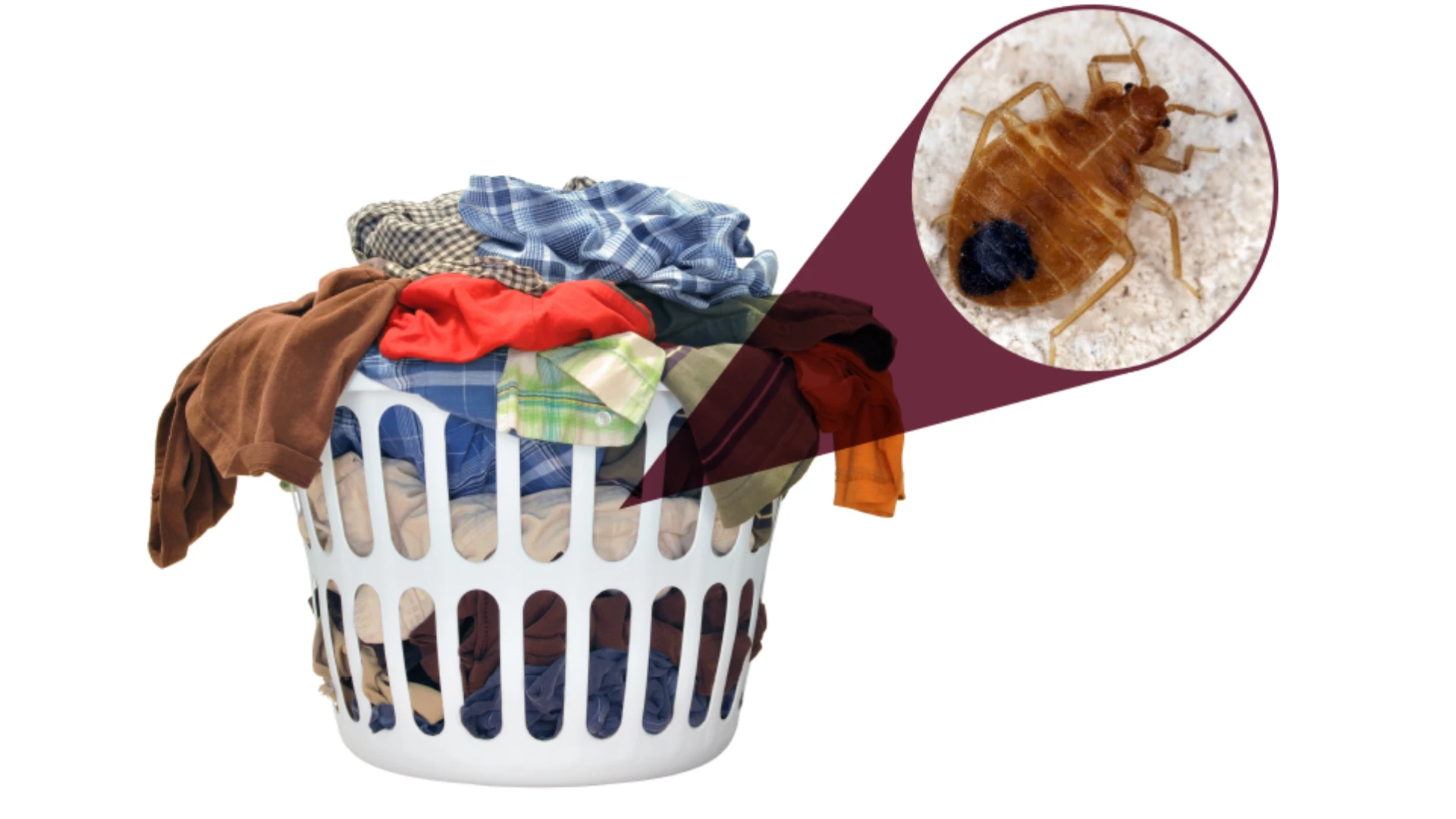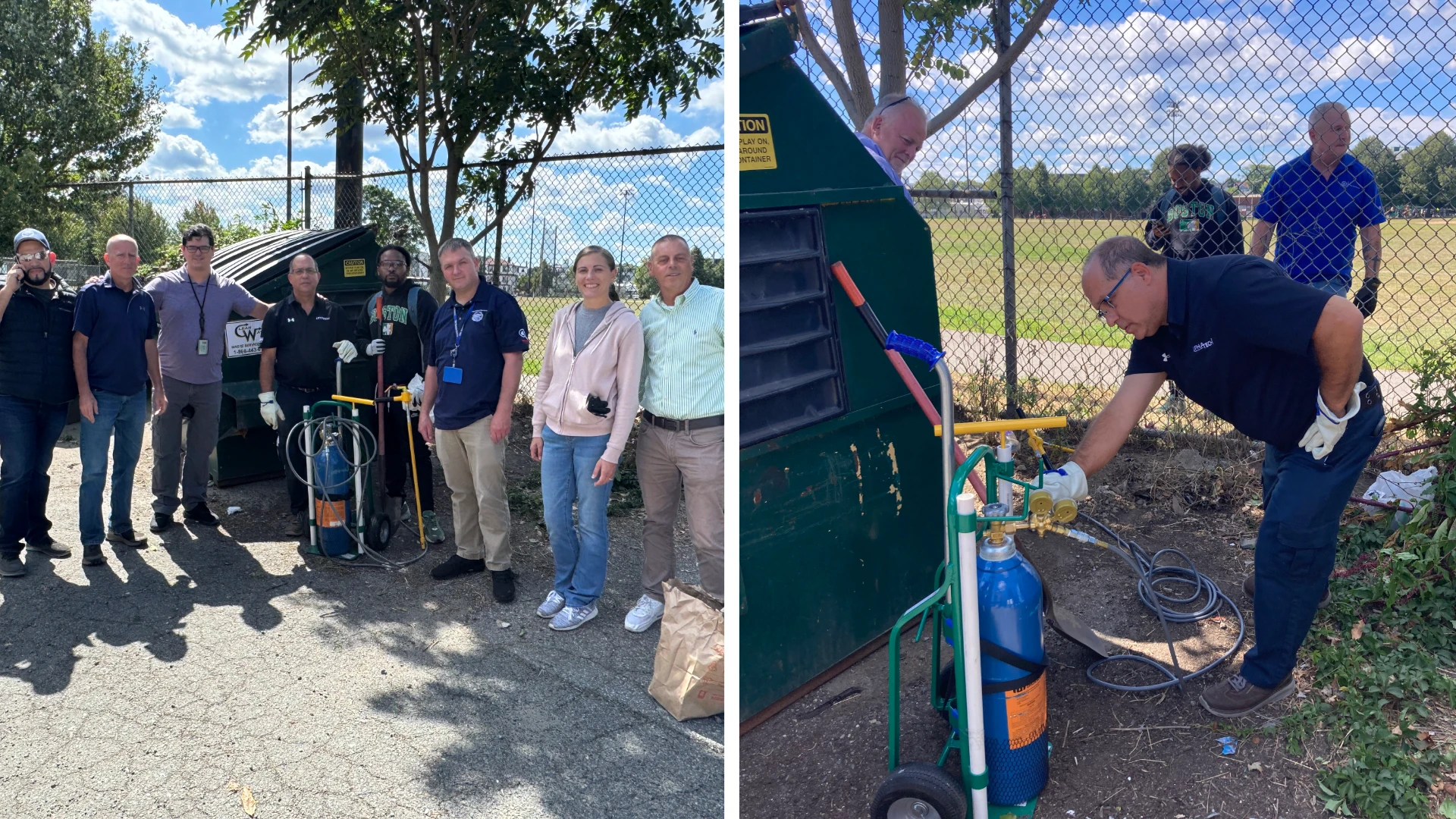 The largest exposure to liability for any pest control company is related to vehicles. With the amount of travel done in this profession, you would have to expect this. But, when I look at the auto claims, 80 percent of them are pest control company drivers rear-ending other vehicles. I have written articles about this in the past and I can’t say this strongly enough; your focus while driving should be your driving and the cars around you, period.
The largest exposure to liability for any pest control company is related to vehicles. With the amount of travel done in this profession, you would have to expect this. But, when I look at the auto claims, 80 percent of them are pest control company drivers rear-ending other vehicles. I have written articles about this in the past and I can’t say this strongly enough; your focus while driving should be your driving and the cars around you, period.
With the addition of non-repellent termiticides to protect homes, termite damage claims have come down considerably. We still get our fair share of termite claims, but if the pest management professional (PMP) is diligent and there are no structural defects in the structure, these claims can be kept to a minimum. As a matter of fact, most of our termite claims come from poorly performed real estate inspections.
Lessons Learned. I thought I would share with you some of the avoidable claims we’ve seen. One company had four claims caused by technicians climbing over fences; one pulled his back out, one jumped and landed on a board with nails sticking up puncturing his foot, one fell while climbing the fence causing rib damage and yet another fell backwards hurting his back. Needless to say, I called the branch manager and asked why the company’s technicians were climbing fences. He said, “They need to treat in the backyards.” I asked if he had ever received complaints from a customer for not servicing the backyard because the gate was locked. He stated that he had, so now they have a policy in place to call anyone with locked gates before going out to service the account.
Here is a claim that happened when a lawn technician was spraying; a woman slipped on some rocks. She contends the technician’s hose moved the rock onto the driveway, causing her to slip and break her hip. Another time a technician was spraying in the backyard. A woman was walking on the sidewalk. Just as she stepped over the hose, the technician pulled on the hose, causing it to trip the woman. She claimed several injuries. Now the company’s policy is to have the technician pull enough hose off the hose reel to reach the furthest point to be sprayed while in the front yard and to place cones on the sidewalk to bring attention to the hose.
One insured was treating bed bugs with heat; the heat set off the sprinkler system damaging 10 apartments. Another was treating a fast food restaurant; he left at 4:00 a.m. and forgot to turn on the alarm and the restaurant was broken into, for a loss of $6,300. One insured had a master key to all of the homes in a mobile home park. The key was stolen and he was forced to replace all the door locks in the park.
One woman stated that she had to go to the hospital emergency room because a technician got chemicals on her car door and did not tell her, resulting in her having an allergic reaction on her face. We had a claim where an office employee fell when they stepped in a puddle of chemical. And another that claimed the spray from a flea treatment ruined the hardwood floors.
Then there are the claims of employee theft; in one case the employee is accused of stealing earrings and a necklace valued at $18,000. One thing that will help in these situations is having a policy in place for conducting employee background checks. Although background checks will not solve this problem completely, it’s a start.
Ignorance isn't Bliss. My horror story of the day is a company that came to us with a large claim on his loss experience. I called to find out what caused the loss. He stated he had a couple of accounts that had weed problems, so he used a new chemical that he had never used before. He said the box stated it would kill weeds dead. But the product also kills grass too. This shows that he either never read the label or does not know how to read a label. Needless to say we did not quote the account.
You will never be able to stop claims altogether, but you can reduce them by putting policies and rules in place that will help you avoid claims because of careless decisions. Remember, your insurance rates are directly reflected by your loss experience.
Vern Morris is the loss control manager for Capital Risk Underwriters (CRU). He has been in the pest control industry for more than 24 years and is certified in all categories in the state of Florida. Questions can be submitted to him at vmorris@giemedia.com, or contact him directly at 407/540-1400 ext. 703.

Explore the January 2012 Issue
Check out more from this issue and find your next story to read.
Latest from Pest Control Technology
- Rentokil Terminix Expanded in Key Markets with 2024 Acquisitions
- In Memoriam: Joe Cavender
- Certus Acquires Green Wave Pest Solutions
- Liphatech Adds Alex Blahnik to Technical Team
- Do the Right Sting: Stinging Insect Identification, Management, and Safety
- VAGA's 8th Annual Veterans Thanksgiving Appreciation Dinner
- Clark's Blair Smith on the Response to Increased Dengue Fever Cases in Southern California
- WSDA, USDA Announce Eradication of Northern Giant Hornet from U.S.





